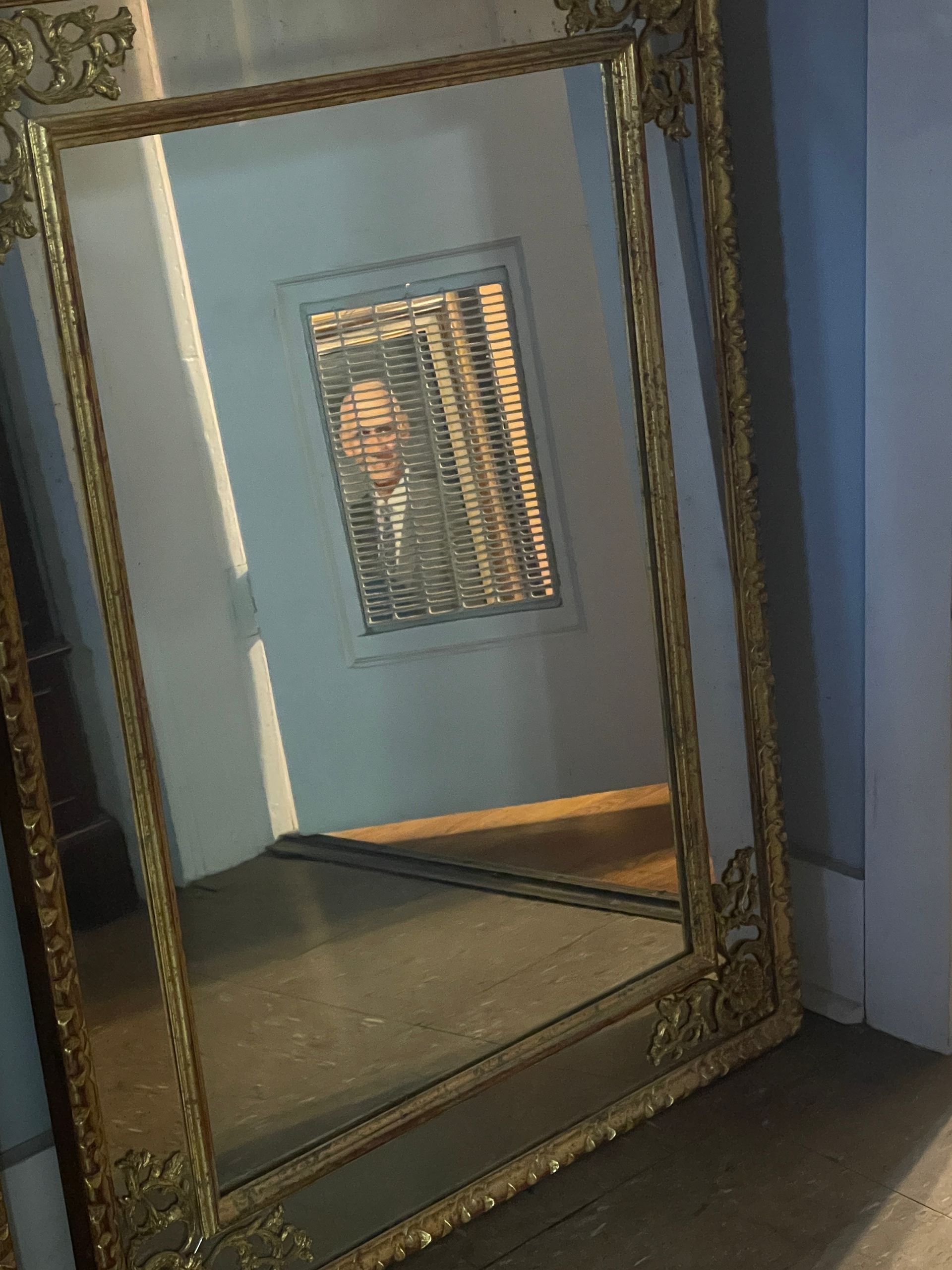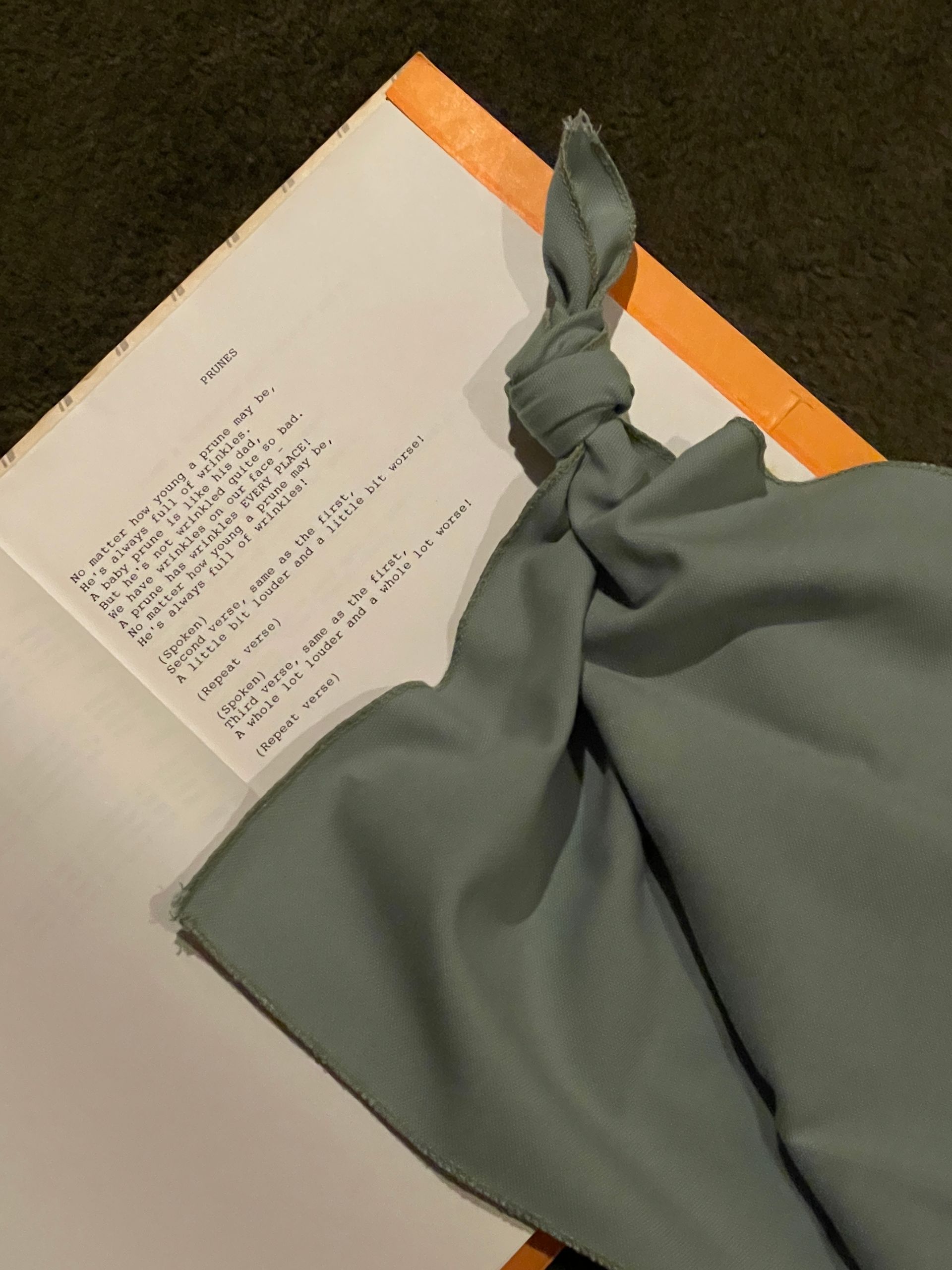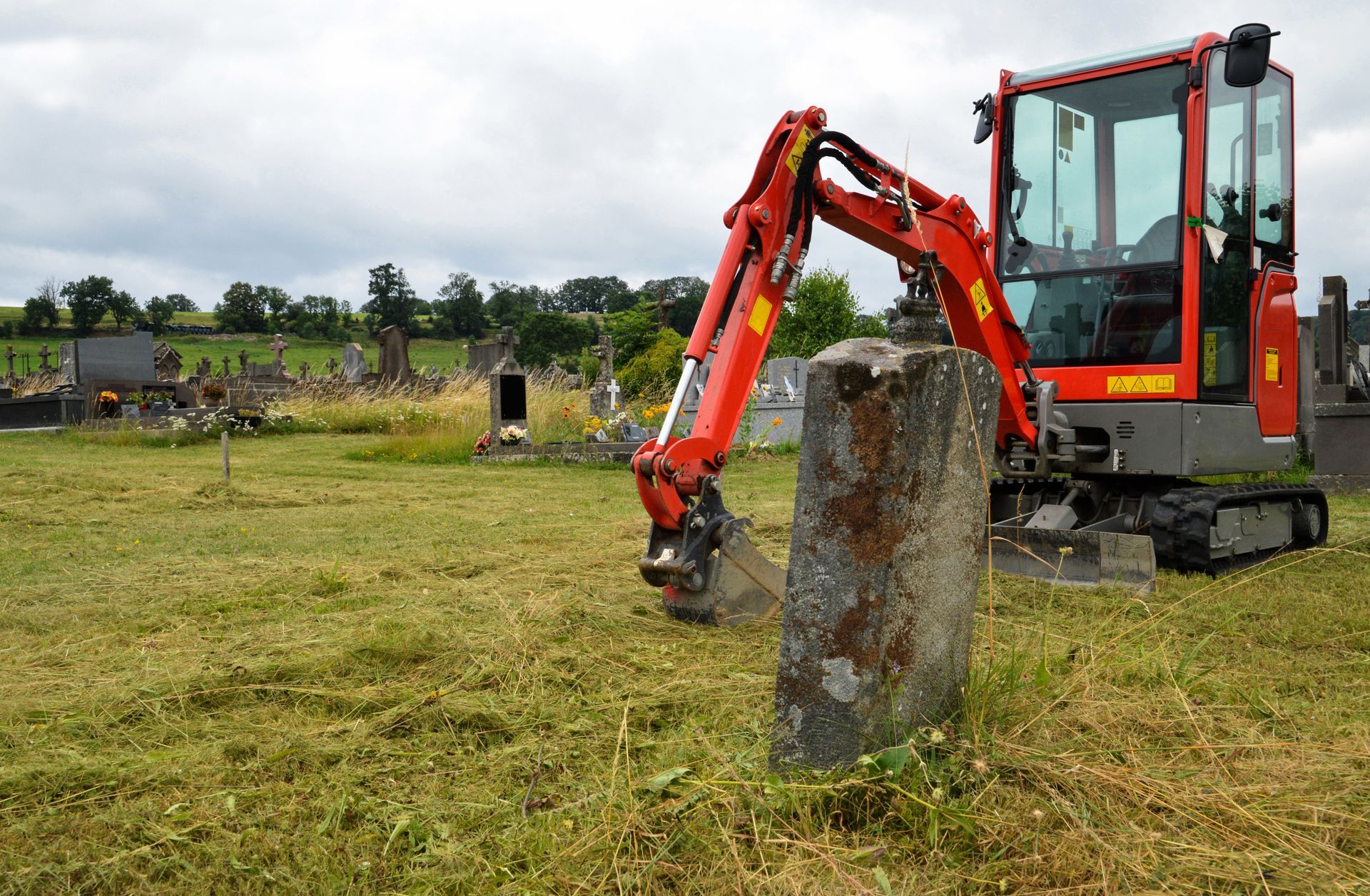Unsung Heroes

The voices on the other end of the line were hesitant, skeptical of the callers’ motives. After all, through no fault of their own they were now caught up in one of the nation’s greatest tragedies; unwilling participants bound together by a common thread . . . the horrific loss of life. Their voices betraying the depth of their anguish and exhaustion, they questioned who these people were that had the audacity to call them at this moment in time. What right did they have to intrude upon their grief? But once they were given the answers to those questions, they were quick to provide whatever was asked of them . . . quick to latch onto that voice on the other end of the line . . . the voice that offered comfort and gave them hope. Not hope their loved one would be found alive, but hope their loved one would simply be found. Hope that perhaps they would be given the opportunity to say good-bye.
For weeks on end, those calls were made by members of DMORT—the Disaster Mortuary Operational Response Team that had been established by the National Funeral Directors Association. That effort began in the 1980s with the intent of developing a plan whereby funeral directors could assist in mass casualty situations. But as they deliberated they came to realize such a far-reaching effort would require more than just funeral directors. Medical examiners, coroners, pathologists, forensic anthropologists and odontologists, dental assistants, fingerprint specialists, and radiographers where added as resources for identification of the victims . . . and on September 12, 2001, over 600 of these specialists arrived in New York City, their sole mission to aid in the identification of those who had perished the day before. They had no idea what to expect, no idea what awaited them as they packed their bags and boarded vans or planes, making their way to a scene of unbelievable devastation, but they knew they had to go. Those left behind needed answers. More than answers, they needed closure. It was the first time a federally coordinated response of this magnitude had been activated on a national level.
These men and women initially found themselves in chaos, sleeping on the concrete floors of an arena across the harbor from the city. Those in charge of the work in New York had expected 300—not twice that number—and were not prepared when they arrived. But every person was needed and every person was put to work.
One team was responsible for contacting the families of each airline passenger and crew member that died on September 11 th . That meant hundreds of phone calls placed to countries around the world—phone calls that gave the caller the opportunity to gather whatever information could prove helpful . . . phone calls that gave the families the opportunity to talk about how much they had lost, how devastating it was to think of the fear and helplessness that must have filled those final moments. The father of one crew member, a stewardess, even apologized because the person calling him had to ask those questions. Do you understand that? He apologized because his daughter died in a terrorist attack and lives had been put on hold to help him.
Among those 600 people who arrived in New York on September 12 th were several from the State of Tennessee, including Bob Batson, the Executive Director of the Tennessee Funeral Directors’ Association, and Roger Balentine, the manager of Shackelford Funeral Directors in Wayne County. They worked tirelessly, gathering information and consoling the families they contacted, forming a bond that in many instances continues today. They became a trusted source for people desperately seeking news of any kind, and often were the only people with whom family members would speak if they called back with additional information or questions. Through it all, they were constantly amazed at the resilience of those who had lost so much. That loss was on display for the world to see, but their grief, though felt by so many, was theirs and theirs alone. Very few understood the dire circumstances in which these families found themselves, yet still they came together to support one another through the horror.
Despite the hardships, despite the physical, mental, and emotional toll taken on each of them, the members of DMORT were there in the weeks following September 11, 2001. They were there in the aftermath of Hurricane Katrina and the devastation of Hurricane Rita. They are there whenever nature or mankind brings about massive losses of life—losses so numerous that local resources are overwhelmed. Their mission is to bring closure by bringing answers . . . and, on the best of the worst days, the opportunity to say good-bye.
The post Unsung Heroes appeared first on Shackelford Funeral Directors | Blog.
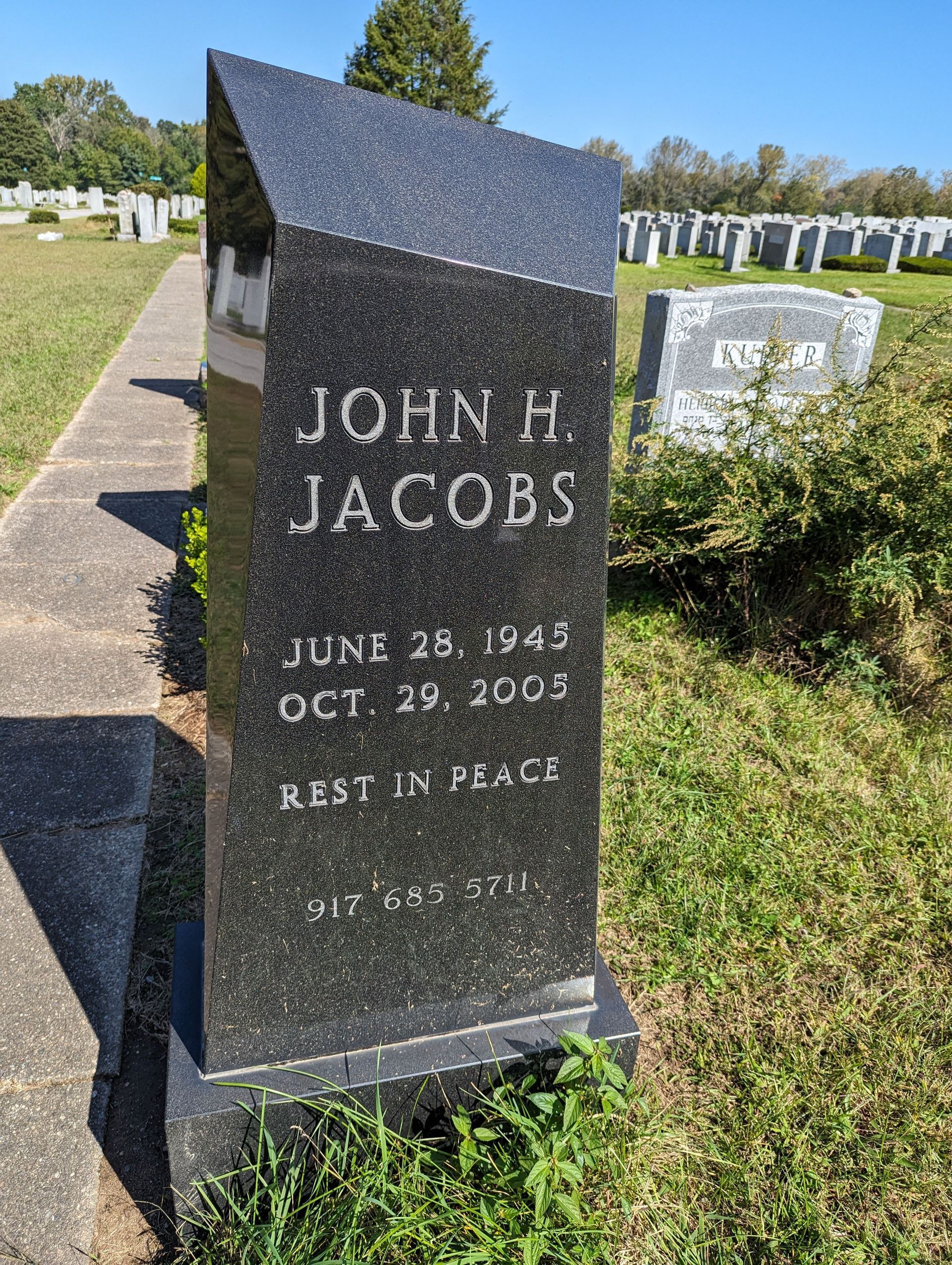
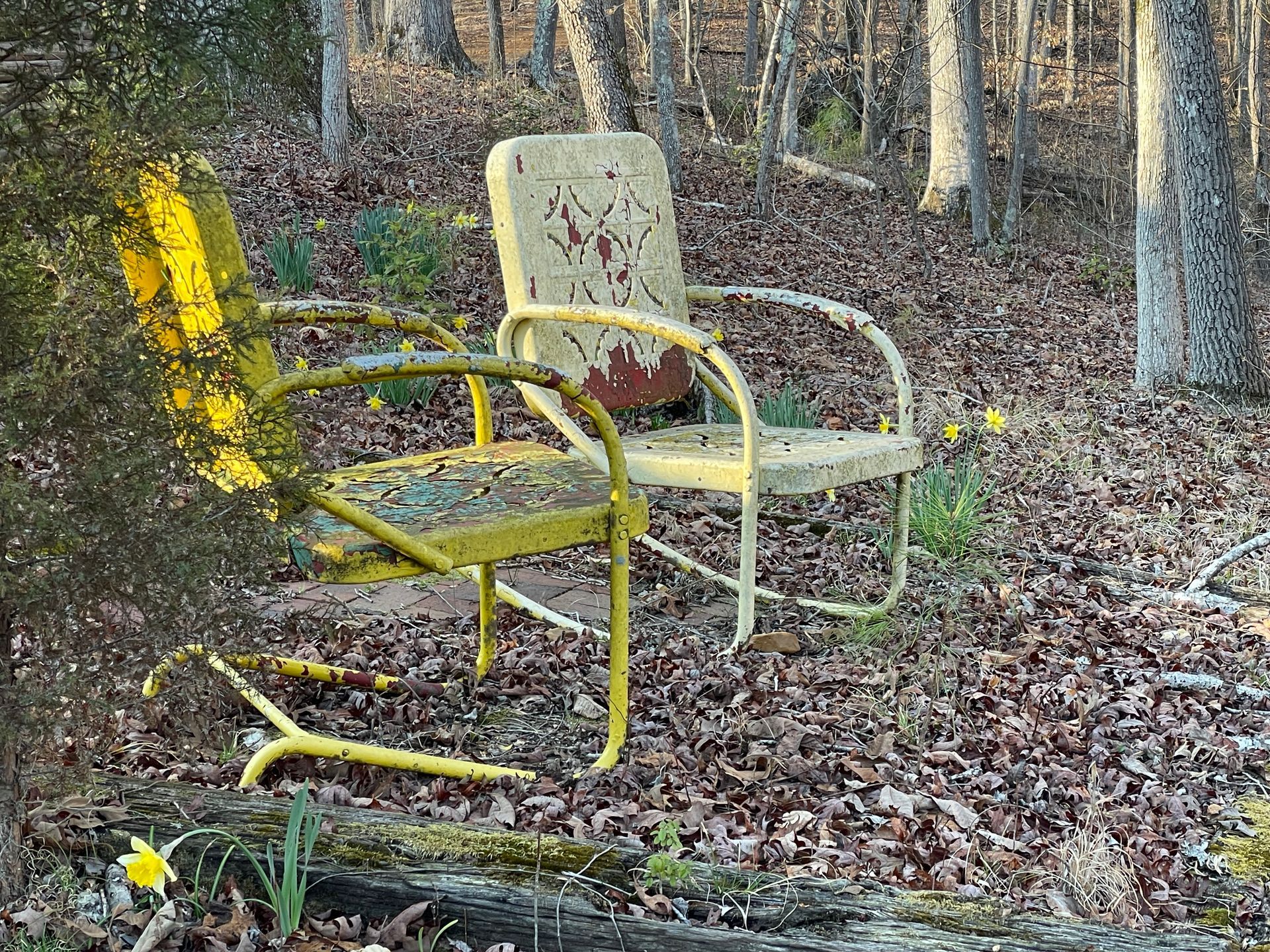
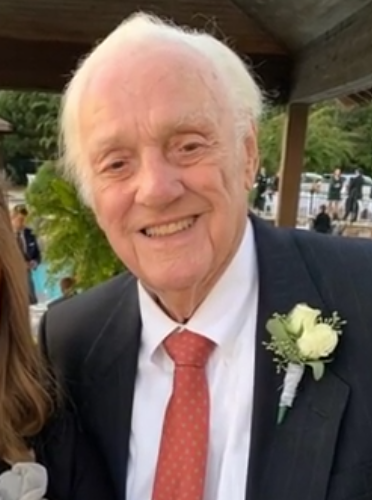
365 Days of Grief Support
Sign up for one year of grief messages designed to offer hope and healing during the difficult first year after a loss
Please wait
Verifying your email address
Please wait
Unsubscribing your email address
You have been unsubscribed
You will no longer receive messages from our email mailing list.
You have been subscribed
Your email address has successfully been added to our mailing list.
Something went wrong
There was an error verifying your email address. Please try again later, or re-subscribe.




